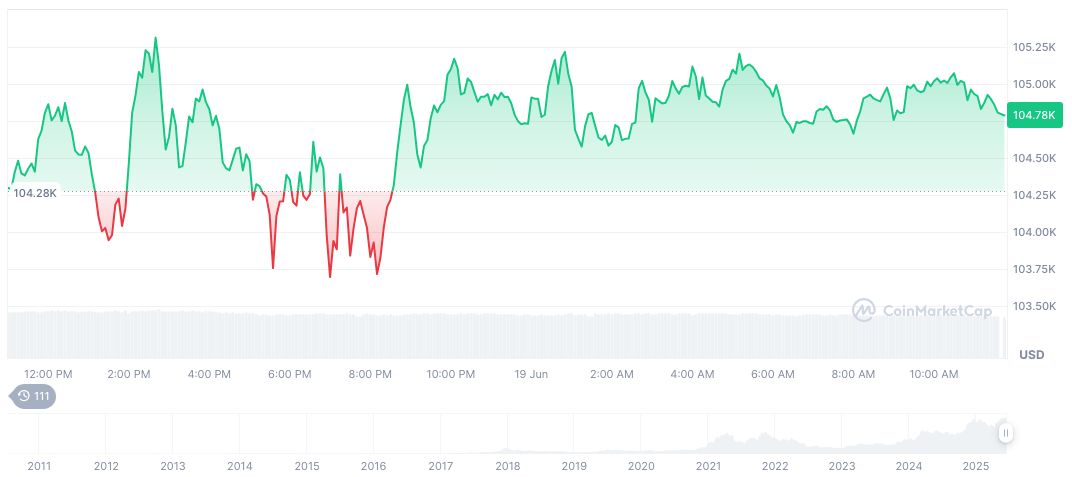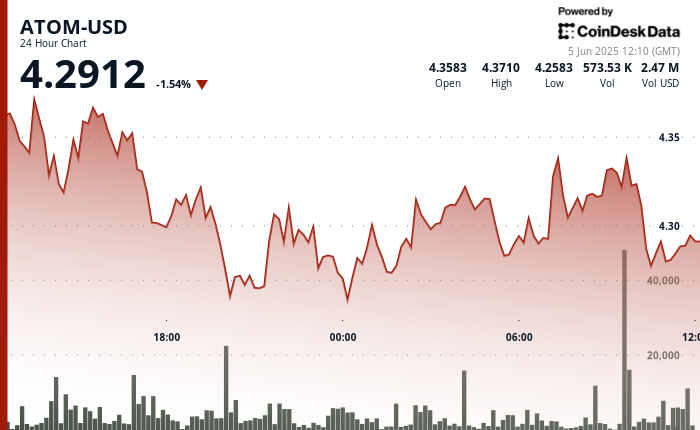President Trump convened a National Security meeting on June 20, focusing on the U.S. digital asset strategy and Bitcoin reserves.
This meeting signifies a potential shift in national security strategy, emphasizing digital asset reserves as a key element of economic policy.
Trump’s Bold Move: Strategic Bitcoin Reserve Initiative
The National Security meeting, led by President Donald Trump, highlighted efforts to build the U.S. Strategic Bitcoin Reserve. The White House had previously announced measures such as acquiring Bitcoin through legal asset forfeitures. Field Marshal Syed Asim Munir of Pakistan participated in discussions about regional security and cryptocurrency cooperation.
The U.S. aims to solidify its position as a global leader in digital asset strategy. Trump’s administration emphasizes that Bitcoin acquired for the Strategic Reserve remains unsold and is intended to support national economic interests. The Executive Order from March 2025 underlines this policy through strict governance. In his words,
“President Donald J. Trump signed an Executive Order to establish a Strategic Bitcoin Reserve and a U.S. Digital Asset Stockpile, positioning the United States as a leader among nations in government digital asset strategy.” — Donald J. Trump
Market players and governments worldwide are observing these moves. The lack of immediate on-chain activity following the announcements indicates a focus on long-term resource management rather than short-term trading. Statements from Trump praised regional stability efforts and expressed appreciation for Pakistan’s cooperation on counterterrorism and trade.
Sovereign Crypto Strategy: U.S. Sets Historic Precedent
Did you know? In March 2025, the U.S. became the first government to establish a Strategic Bitcoin Reserve, marking a first in sovereign crypto strategy.
Bitcoin is currently valued at $106,020.36, maintaining a market cap of $2.11 trillion, according to CoinMarketCap. Its market dominance stands at 64.23%, with a recent 21.29% increase over 60 days. The circulating supply of Bitcoin nears its max limit with 19,881,306 in circulation as of June 20, 2025.

Coincu research indicates potential regulatory alignments between the U.S. strategic approaches and global standards. Analysts expect increased scrutiny in crypto management, with an emphasis on national reserves. Maintaining digital assets at this level could influence global economic stability and provoke shifts in national policies worldwide.




